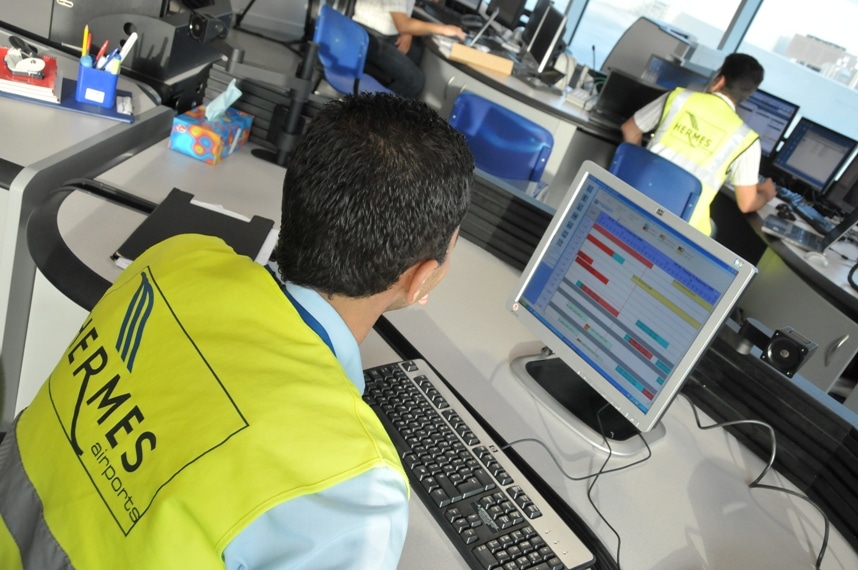Authorities in Cyprus are poised to gain access on Tuesday to the files of 90 million people through the Schengen Information System (SIS).
As a result the state’s national security will be upgraded, including dealing with illegal immigration, crime and missing persons, director of the Cyprus SIRENE (Supplementary Information Requested at the National Entries) bureau, Dora Nikandrou told Philenews.
Cyprus’ accession to SIS, Nikandrou said, is the outcome of a 2019 statement of readiness for inclusion in the Schengen area, submitted by the foreign minister at the time and current President Nikos Christodoulides.
Since 2019, the state underwent an evaluation process, covering five areas, the last of which concerns the operation of SIS.
The inclusion of the island in the information system does not mean that Cyprus becomes a full member of Schengen and EU border controls will not be immediately abolished.
What will change, as of July 25, is that authorities on the island – to date the only EU member without SIS access – will now be privy to the files of 90 milllion people. Among them are persons who are wanted, have disappeared, are vulnerable, or against whom an extradition order has been issued (third-country nationals).
Access to information on items confiscated, such as stolen, lost, or forged documents, will also be enabled.
This means that wanted or missing persons will be able to be immediately located in Cyprus, from the moment of their registration in SIS, with the customs, road transport, deputy shipping ministry and civil aviation departments gaining visibility.
SIS is as the fastest data transfer system in Europe and will reduce processing time, from days to minutes, for information shared between the authorities of different states.
A police investigator in Cyprus will be able to register details of a suspect in a criminal case and, within one to two minutes, the information would be visible to a police officer or border guard of another country, who could then proceed with an immediate arrest.
As a prerequisite for gaining access, Cyprus created a national SIS database; established a SIRENE bureau; and created a data protection supervisory authority, to ensure the legality of personal data processing.
“There is no doubt that the interconnection of Cyprus with the SIS, will help majorly in the fight against crime at the national as well as the European level,” Nikandrou told the news source.
“Crime has become international […] trafficking of persons, goods and services is now done seamlessly through enormous facilities. SIS is [a] counterbalance to the dangers inherent in free movement in relation to crime, since speed and immediacy of information [handling] makes the work of criminals more difficult,” she said.
As far as cases of missing persons, SIS is an important tool giving authorities the capacity to place the person under protection as soon as requested to do so, the SIRENE bureau director added.
“Also important is the new [capacity] to register persons who have not disappeared, but may be at risk if they travel, such as in cases of known victims of human trafficking, or children who at risk of being transported to war zones and recruited,” she explained.
Full integration of Cyprus in the Schengen area must be approved by a unanimous decision, Nikandrou detailed, and access to the information system does not mean automatic inclusion.
To qualify for the lifting of controls at common borders with the other Schengen states, the cycle of Schengen evaluations in all areas must be completed.
The SIS/SIRENE introduction is the last area to be evaluated and the country must implement all recommendations made during the evaluation period. Subsequently, the matter will be brought before the EU ministerial council.







Click here to change your cookie preferences